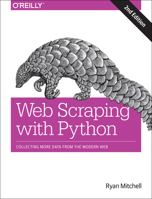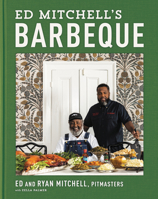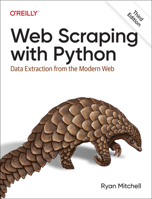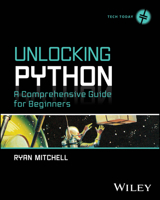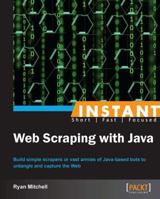Pray to Love: A Contemplative Life
Select Format
Select Condition 
Book Overview
For decades, award-winning artist Anne Goetze documented the closed-cloister Visitation Order of contemplative nuns in Annecy, France. As she explored their quiet world in depth through her art, it soon developed into a series called Pray to Love. The body of paintings and photographs grew when Goetze traveled with the exhibit to the remaining monasteries in the U.S. In her quest to better understand the faith journey of her aunt, Soeur Margarite Marie, it evolved organically and ultimately became her own. Compelled to bring awareness to this simple yet moving way of life, especially as the numbers of Sisters dwindle, Goetze feels the importance and beauty of the contemplative women who dedicate their lives to prayer and live by example their motto: "To be a gentle presence in a violent world." Founded by St. Francis de Sales and St. Jane de Chantal in 1610, the Visitation Order was the first contemplative order to be started by a woman, allowing admittance to widows and those that were not in the best of health. Over the centuries, the Visitation Order has spread to monasteries all over the world. This hardcover coffee table book includes over 150 pages, featuring paintings and photographs with captions and text written by the nuns, as well as the artist's own story. Through both the artworks and the text, this book offers many insights that change common perceptions of the religious and contemplative life. In opening a window to the contemplative life, Goetze's art shares the gift of inspiration as it helps us to strengthen our own faith.
Format:Hardcover
Language:English
ISBN:1954437978
ISBN13:9781954437975
Release Date:October 2023
Publisher:Clovercroft Publishing
Length:200 Pages
Weight:2.80 lbs.
Dimensions:0.7" x 11.0" x 11.1"
More by Ryan Mitchell
Customer Reviews
2 customer ratings | 2 reviews
There are currently no reviews. Be the first to review this work.















